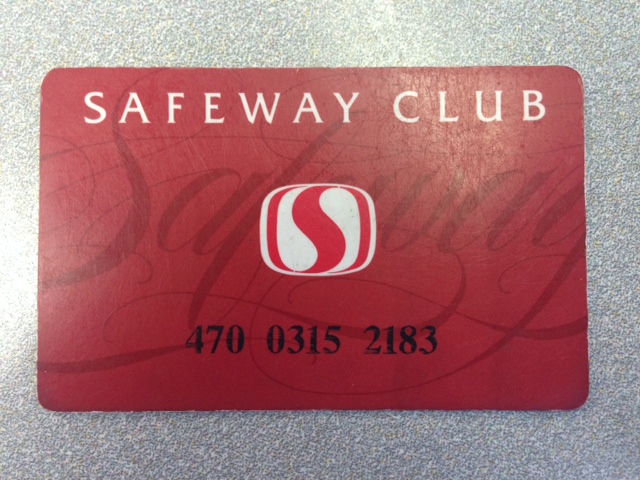TORONTO – Grocery store loyalty cards aren’t just about earning points or getting discounted prices, it appears.

Disease detectives in British Columbia were able to spot and halt an outbreak of hepatitis A infections in that province in early 2012 by comparing the foods the infected people had bought in previous months.
Those food purchasing histories were compiled from their grocery story loyalty cards; pomegranate seeds in a frozen fruit mix were eventually identified as the source of the infection.
READ MORE: Grocers are collecting your shopping data–should consumers be wary?
The public health investigators reported their success in a study published Thursday in Eurosurveillance, the online public health journal of the European Centre for Disease Control.

Get weekly health news
Dr. Helena Swinkels of Fraser Health Authority says it often takes a long time to recognize that a food-borne disease outbreak is underway because cases can be dispersed geographically, and with hepatitis A, people only start to feel ill between 15 and 50 days after being infected.
Then it can be difficult to find the source because people cannot recall with precision what they ate weeks earlier.
But at a very early stage – with only six cases – the investigators were able to see that the infected people had purchased the same brand of a frozen fruit mix containing blueberries, strawberries, cherries and pomegranate seeds.
Testing eventually showed that one lot of pomegranate seeds from the supplier was contaminated with hepatitis A and a recall was ordered.
READ MORE: Loyalty programs: what happens to your points after death?
“It certainly did make it easier and it allowed us to identify, to really land on a specific product really very early in the outbreak,” Swinkels says of the access to the patients’ purchasing history through their loyalty card data.
“Loyalty cards are one tool that definitely can help investigations of food-borne outbreaks.”
Swinkels, who is first author of the study, says hepatitis A is rare in Canada, and the few cases recorded each year generally are in people travelling in or returning from countries where the virus circulates. But occasionally someone who becomes infected will transmit it to others in Canada.
The virus is spread through what is called the fecal-oral route, generally through ingestion of contaminated food or water.







Comments